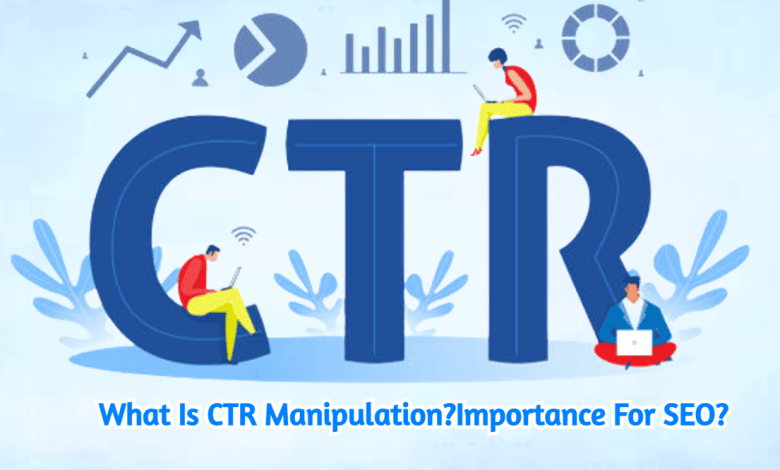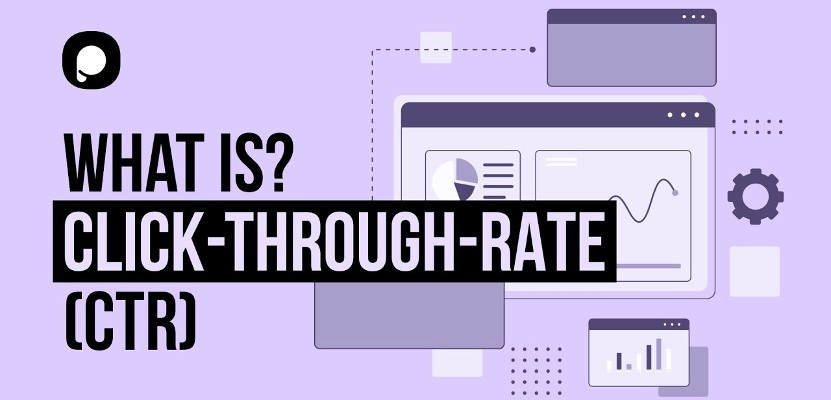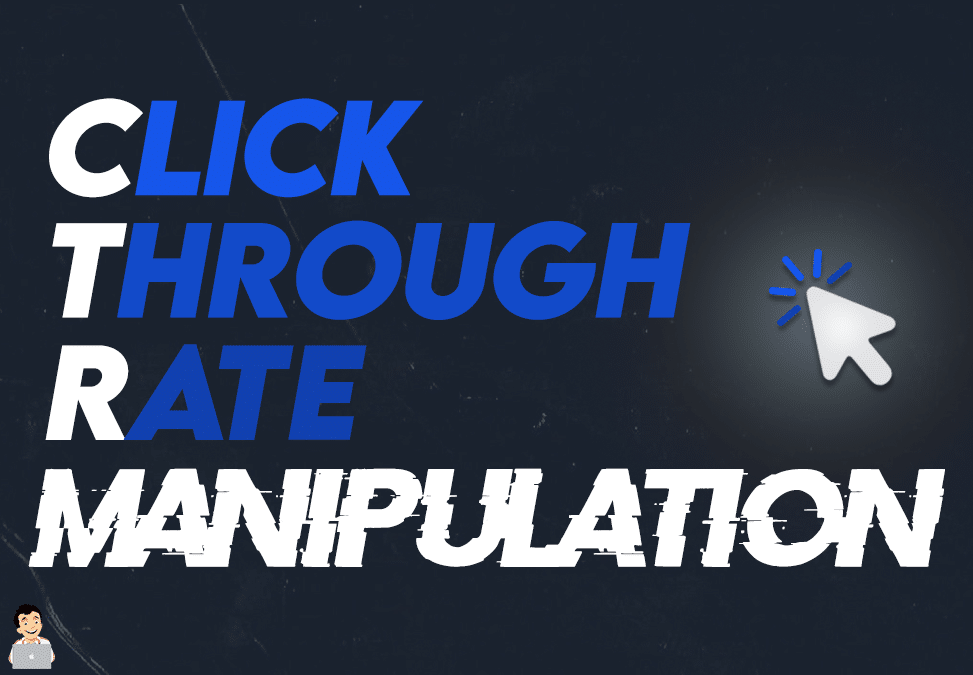Discovering the Connection Between CTR Adjustment Providers and Individual Behavior
In the realm of digital advertising and marketing, the impact of click-through price (CTR) adjustment services on individual actions continues to be a facility and interesting topic. By dissecting the complex relationship between CTR adjustment solutions and individual actions, appealing insights arise that might improve our understanding of digital marketing methods and their results on customers.
Influence of CTR Control on Habits
Examining the influence of Click-Through Rate (CTR) control on individual actions discloses crucial insights right into the characteristics of online interaction. CTR manipulation includes artificially inflating the number of click a specific link or ad to trick users and internet search engine. This practice can lead to an altered understanding of a page's appeal or importance, inevitably affecting user behavior.

Moreover, CTR adjustment can skew the information utilized by formulas to individualize customer experiences. This can result in customers being offered content that does not line up with their preferences or passions, inevitably causing a decline in user fulfillment and engagement. Recognizing the impact of CTR control on customer behavior is vital for maintaining openness and rely on on-line interactions.
Customer Engagement With Adjusted CTR
User engagement with controlled CTR data typically leads to manipulated perceptions of on-line web content appeal and significance. When customers interact with material based on unnaturally filled with air Click-Through Rates (CTR), they may think that certain info, products, or solutions are more preferred or trustworthy than they in fact are. This can result in individuals making choices based on misleading information, leading to possibly negative outcomes.
Involvement metrics like likes, shares, comments, and time invested in a webpage are typically affected by CTR manipulation. Customers may be more inclined to involve with content that shows up to have higher engagement prices, better continuing the cycle of manipulated perceptions. Because of this, content designers and advertisers might prioritize creating content that generates high CTR instead of concentrating on developing truly useful and relevant product.

Psychological Impacts of CTR Adjustment

Moreover, the mental results of CTR manipulation can additionally manifest in modified decision-making procedures. Individuals may be much more likely to click on material exclusively based on its perceived appeal, as opposed to its actual value or significance to their demands. This behavioral shift can lead to a surface involvement with online content, where individuals may ignore high-quality yet less popular offerings in favor of those with artificially increased CTRs.
In essence, the psychological implications of CTR control highlight the value of maintaining transparency and authenticity in online interactions to promote genuine customer engagement and trust fund.
Honest Considerations in CTR Adjustment
CTR adjustment increases worries about tricking individuals, distorting data analytics, and jeopardizing the reputation of online web content. By synthetically pumping up CTR, users might be misled into clicking on web links or ads they would not have actually picked or else, leading to a disingenuous online experience.
One more ethical aspect to consider is the justness of adjusting CTR to obtain an unfair benefit over competitors. Participating in such practices not just goes against concepts of justice but additionally threatens the depend on that individuals place in on-line systems. It is vital for companies and electronic marketers to maintain honest criteria in their techniques to ensure transparency, trustworthiness, and lasting sustainability in the on-line atmosphere.
Ramifications for Digital Advertising And Marketing
With the increasing dependence on electronic platforms Visit Website for marketing objectives, the method of manipulating click-through prices (CTR) positions significant effects for the effectiveness and integrity of electronic marketing strategies. CTR adjustment can cause skewed information analytics, misdirecting marketers right into believing that their campaigns are performing far better than they in fact are. This can cause misallocation of sources, with firms purchasing underperforming methods based upon falsified CTRs. When individuals understand that CTRs have actually been manipulated, it can erode trust in the brand name, leading to long-term adverse consequences for customer commitment and brand name track record.
In addition, the usage of CTR adjustment services can create an unreasonable affordable landscape, where business that take part in such methods acquire a fabricated benefit over those that abide by honest advertising standards. This can stifle innovation and creative thinking in digital advertising, as success ends up being more about adjustment tactics than delivering genuine value to customers. Eventually, the effects of CTR adjustment for electronic advertising and marketing extend past short-term gains, impacting the general sustainability and reliability of advertising efforts in the digital realm.
Final Thought
In verdict, the relationship between CTR control solutions and customer behavior is complicated and diverse. The influence of CTR adjustment on actions, moved here customer involvement with controlled CTR, psychological results, honest factors to consider, and ramifications for digital advertising and marketing all contribute in forming this connection. Comprehending these dynamics is critical for marketing experts and researchers alike in order to browse the ethical effects and make the most of the efficiency of their digital advertising techniques.